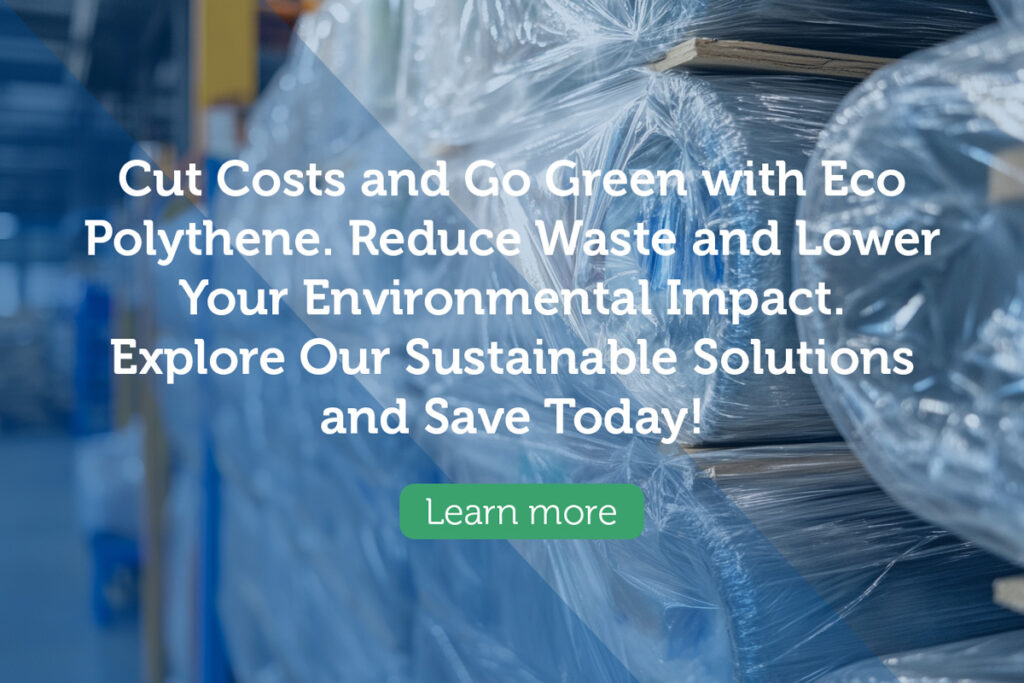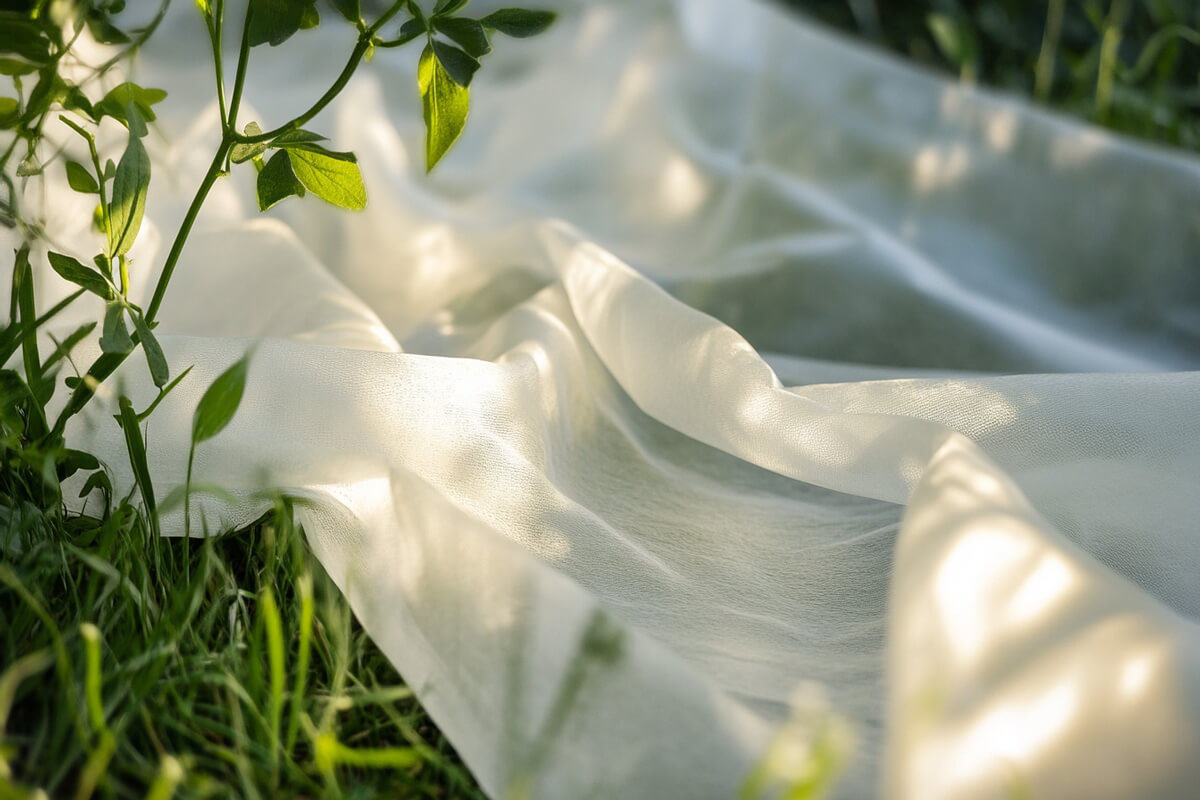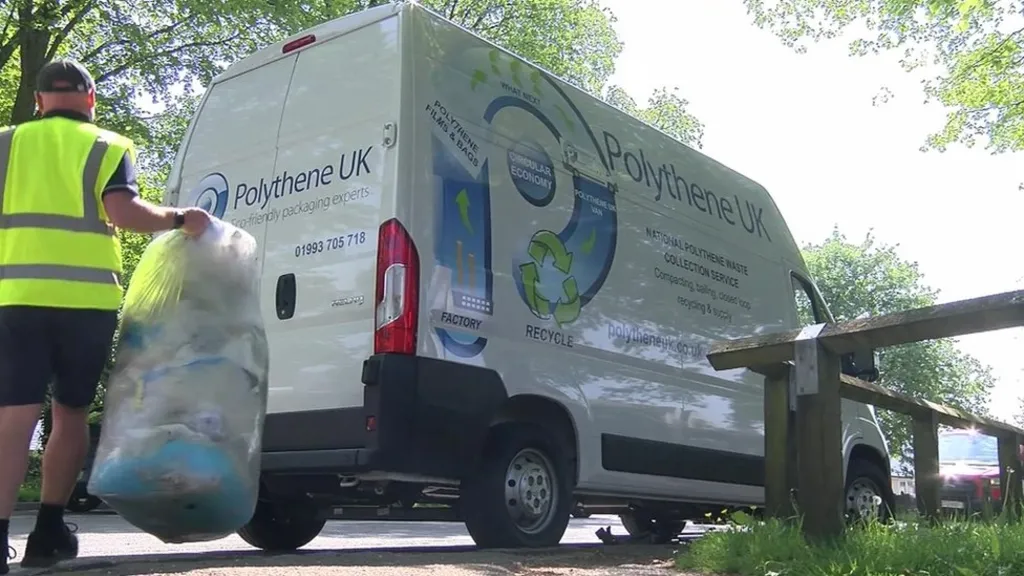Polythene, also known as polyethylene, is not biodegradable in natural conditions. Unlike organic materials that decompose through microbial activity, polythene’s synthetic structure makes it highly resistant to breakdown by bacteria or fungi. This means that once discarded, polythene remains in the environment for decades, often hundreds of years, contributing to long-term plastic pollution.
Instead of biodegrading, polythene undergoes photodegradation when exposed to sunlight. Over time, UV radiation weakens the plastic, causing it to fragment into smaller pieces. However, this process does not eliminate the plastic — it simply turns it into microplastics, which persist in the environment and can be harmful to wildlife and ecosystems.
Because of polythene’s durability, researchers have explored alternatives such as oxo-biodegradable and compostable plastics, which are designed to break down faster. However, these materials come with limitations and do not always degrade as effectively as claimed.
Table of contents:
What is polythene and how does it degrade
Polythene (polyethylene) is a synthetic polymer made from petrochemicals, primarily derived from crude oil and natural gas. It is one of the most widely used plastics due to its flexibility, durability, and resistance to moisture and chemicals. These properties make it ideal for packaging, bags, and containers, but they also make it highly resistant to natural decomposition.
Biodegradation occurs when microorganisms, such as bacteria and fungi, break down organic materials into natural substances like carbon dioxide, water, and biomass. For this to happen, the material must contain chemical structures that microbes can recognise and digest.
Polythene lacks these biodegradable structures. Its long-chain hydrocarbon molecules are highly stable and do not provide a food source for microbes. This means that even in soil or water, polythene remains chemically intact, resisting biological breakdown for centuries.
How does polythene degrade?
While polythene does not biodegrade, it can undergo degradation through physical and chemical processes, primarily:
- Photodegradation – exposure to sunlight causes UV radiation to break down polythene’s molecular bonds, making it brittle and leading to fragmentation into smaller pieces. However, this does not result in full decomposition—just smaller plastic particles.
- Oxidative degradation – oxygen can react with polythene over time, causing slow structural breakdown, but this is an extremely slow process.
- Mechanical fragmentation – physical forces, such as wind, waves, and friction, break polythene into microplastics, which then disperse into the environment.
Unlike biodegradation, these processes do not return polythene to nature in a harmless form. Instead, they contribute to long-lasting plastic pollution.
Can microorganisms break down polythene?
In recent years, scientists have discovered certain bacteria and fungi that show some ability to degrade polythene. However, these processes are extremely slow and not effective on a large scale.
- Plastic-eating bacteria and fungi – Some microorganisms, such as Ideonella sakaiensis, have been identified as capable of breaking down certain plastics, but they are primarily effective on PET (polyethylene terephthalate), not polythene.
- Enzyme research – Some studies have explored using enzymes like laccases and oxidases to break down polythene, but these methods are not yet viable for large-scale plastic waste management.
Even under laboratory conditions, where bacteria or enzymes are specifically introduced to polythene, the process takes years to produce minimal effects. In natural environments, biodegradation of polythene is effectively nonexistent.
Can polythene be made biodegradable?
Traditional polythene is not biodegradable, but research and innovation have led to the development of modified polythene materials that claim to break down more efficiently. These include bio-based polythene, compostable alternatives, and lightweight formulations that reduce environmental impact without sacrificing functionality.
Bio-based and carbon-neutral polythene: Polyair™
Bio-based polythene, such as Polyair™, is made from renewable sources like sugarcane waste rather than fossil fuels. This makes it carbon neutral, as the raw material absorbs CO₂ during growth, offsetting emissions from production.
However, while bio-based polythene is a more sustainable option, it still behaves like traditional polythene in terms of degradation. It does not biodegrade but remains 100% recyclable, preventing long-term waste accumulation. Unlike oxo-degradable plastics, which fragment into microplastics, Polyair™ maintains its recyclability while offering a lower-carbon alternative to standard polythene.
Compostable polythene: Polycomp™
For applications where biodegradation is necessary, Polycomp™ provides a compostable alternative. Made from starch-based materials, Polycomp™ fully biodegrades within 10 days in industrial composting conditions, leaving no harmful residues.
Unlike conventional polythene, which persists in landfills and oceans, compostable polythene breaks down naturally, making it ideal for food waste bags and short-term packaging applications. However, compostable materials require the correct disposal infrastructure — if thrown into regular waste streams, they may not degrade as intended.





